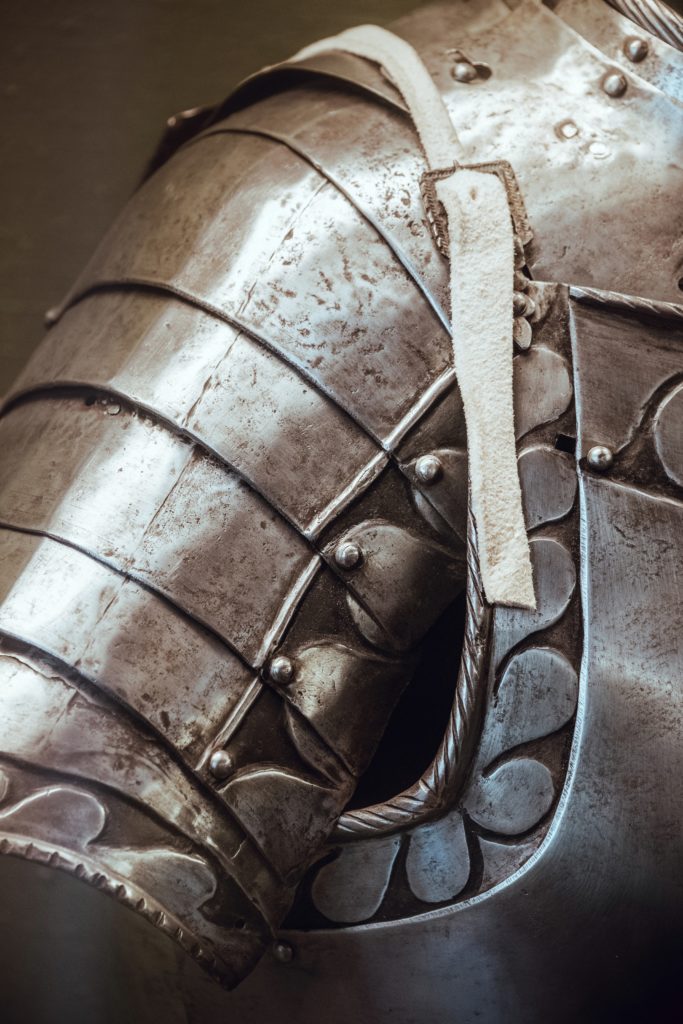I’m on summer holidays so I have the luxury to scan my Facebook feed before I get out of bed. This morning, my peace was disturbed by an incredible post. It said:
PAY ATTENTION PEOPLE!! I’m sure you know that NIV was published by Zondervan but is now OWNED by Harper Collins, who also publishes The Satanic Bible and The Joy of Gay Sex.
The NIV has now removed 64,575 words from the Bible including Jehovah, Calvary, Holy Ghost and omnipotent to name but a few…
The NIV and ESV and other versions have also now removed 45 complete verses. Most of us have the Bible on our devices and phones.
Try and find these scriptures in NIV or ESV on your computer, phone or device right now if you are in doubt:
Matthew 17:21, 18:11, 23:14; Mark 7:16, 9:44, 9:46; Luke 17:36, 23:17; John 5:4; Acts 8:37…you will not believe your eyes.
. . . There is a crusade geared towards altering the Bible as we know it; NIV and many more versions are affected.
I feel compelled to respond to these claims.
First: I think the church has more to worry about than Satanists and homosexuals. Enough said there.
The NIV has removed words from the Bible
“The NIV has removed . . . words from the Bible.”
From which “Bible” were these words removed? The author of the post does not make this clear. I suspect he is talking about the King James Version (KJV). The KJV is the standard of comparison at this site which uses similar numbers to make similar claims.
I did a quick comparison between the NIV and the KJV. The KJV contains 2736 uses of the word “thee,” 4599 uses of the word “thou,” and six uses of the word “pisseth.” Are these the words that the NIV has removed? Is this the evidence of the “crusade geared toward altering the Bible as we know it”?
Translations do not come from previous versions of the Bible (paraphrases do and ought to be treated accordingly). They come from materials that are as close to the original sources as possible. These are translated into some language, like Modern English, Swahili or Spanish, etc. One could accurately say that a Spanish translation of the Bible has altered 100% of the Bible, if by Bible, you meant the King James Version. Does this make the Spanish Bible less valid than the KJV? Does the translation into Swahili constitute a “crusade toward altering the Bible”?
My point is, the NIV did not add, take away, or alter any part of the King James Version of the Bible. They translated the same source material using a different philosophy of translation and wrote it is a different style. It is completely appropriate to question the materials, philosophy and style of a Bible translation, but it is completely illegitimate to criticize its differences to other translations.
Let’s look at the specific words that were identified by the Facebook poster as having been removed:
“Jehovah” accounts for 7 of the 64,575 words that have been removed from the Bible (which I am assuming to mean the KJV). It is necessary for us to understand where the name Jehovah comes from. One of the Hebrew names for God was the tetragrammaton YHWH which was Romanized to JHVH. The term “Jehovah” was likely created by cramming the vowels of another name of God, Elohim (or ELOAH), between the Latinized name for God. The God of the Bible was never referred to by anything remotely resembling Jehovah. It is no more appropriate to call Him by Jehovah than it is to refer to me by the name Annette Funicello. The NIV uses the capitalized “LORD” to designate the name YHWH and the term “Lord” for adonai. I think that these designations add clarity to the names for God and this is a good thing.
“Calvary” is the Roman name for Golgotha which is the Aramaic word for “skull.” Are we really arguing that we should use the Latin name rather than the Aramaic name for the place Jesus was crucified? How does dropping the Latin name in favour of the Aramaic name show that the newer translations of the Bible are being twisted by a malevolent homosexual agenda?
Holy Ghost was changed to Holy Spirit — is this scandalous? I imagine the change was made because the term “ghost” has different connotations that might create a lot more confusion to modern readers than the term “spirit.” Are we seriously arguing that this change is some subversive plot of Satanists?
The one time the term “omnipotent” is used in the Bible was changed to “Almighty” by the NIV. How do the forces aligned against the church benefit from this change?
NIV has removed verses from your Bible
Matthew 17:21 — Jesus has just cast out a demon that the disciples were having some trouble with and he says that “this kind does not go out except by prayer and fasting.” The newer translations of the Bible do not include this verse because the older and better manuscripts of Matthew do not include it. In Mark 9:29 which recounts the same story, Jesus said, “This kind cannot come out by anything but prayer.” It is likely that a later copyist of the book of Matthew added these words from Mark and also added the word “fasting.” The newer translations are likely closer to what Matthew actually wrote.
Matthew18:11 — The same issue as above.
Matthew23:14 — The same issue as above.
Luke 17:36 — The same issue as above.
Luke23:17 — The same issue as above, and again, the meaning of the text is not changed in the slightest.
John 5:4 — The same issue.
Acts 8:37 — The same issue.
Mark 7:16 — The same issue.
Mark 9:44 — The same issue here too, but an interesting difference. Older manuscripts have the words, “the worms that eat them do not die, and the fire is not quenched,” only in verse 48, but the newer versions repeat this line in verse 44 and 46 as well. The NIV goes with the older version which only records these words one time in verse 48. Scholars believe this is more accurate.
I find myself wondering, how the suggested agenda of Harper Collins is advanced by including this phrase one time rather than three.
There is some legitimate discussion about whether or not the translation philosophy of the NIV is the right one, but the accusations leveled against the newer translations of the Bible in the Facebook post that I read this morning are completely inappropriate.
The devil is attacking the church in many different ways, but we do nothing but serve his cause if we manufacture attacks where none exist. The good people at Zondervan and the experts responsible for the development of the NIV have dedicated their lives to provide Christians with an incredibly powerful tool for understanding God’s word. That all these lifetimes of effort can be brought into question by one post, which took about 10 minutes to write and then shared on Facebook 60, 631 times, is very concerning to me. How much does the devil delight in groundless attacks on Christians by other Christians?
There is no conspiracy to alter the Bible. Harper Collins is only interested in profits–in order for that to happen all their small publishing companies need to make products people will buy. Thus, they are interested in what the NIV people are interested in–the most accurate translation of the Bible that they can produce.
If you want to post anything on Facebook, complain that no room at all for conviction in a world governed only by profits.









